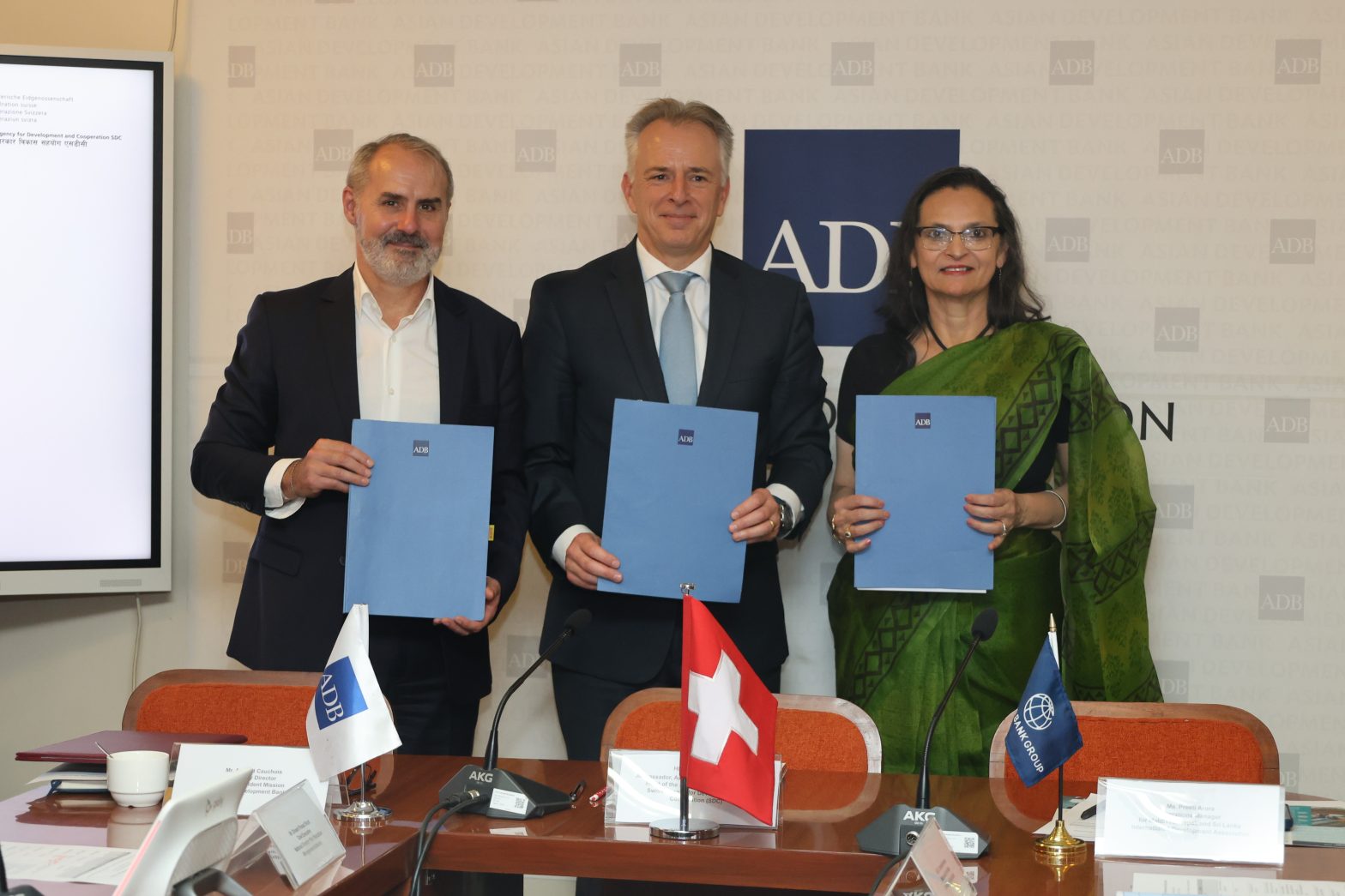Kathmandu: Asian Development Bank (ADB), the World Bank Group’s International Development Association (IDA), and the Swiss Agency for Development and Cooperation (SDC) have signed a three-year Memorandum of Understanding (MoU) to support Nepal in strengthening disaster risk management and building climate-resilient infrastructure.
Nepal is increasingly vulnerable to climate-related hazards such as floods, landslides, droughts, and glacial melt, which have led to rising human and economic losses. Key sectors like hydropower, considered crucial for the country’s growth, are also at high risk from climate-induced disasters.
“Investing in climate-resilient infrastructure and disaster risk management has never been more critical,” said Arnaud Cauchois, ADB Country Director for Nepal. He said the partnership aims to protect communities and essential assets, while also generating jobs and fostering long-term growth.
The collaboration will focus on supporting the Government of Nepal in developing resilient infrastructure, particularly within the Dudh Koshi River Basin in Koshi Province, and advancing ongoing and future investments in vulnerable sectors including hydropower.
“Nepal is among the most climate-vulnerable countries globally. Building resilience must be at the center of its development priorities,” said David Sislen, World Bank Division Director for Maldives, Nepal, and Sri Lanka. He noted that the partnership seeks to combine collective expertise to better protect communities, investments, and jobs.
The partnership will emphasize improving multi-hazard risk assessment, expanding early warning systems, advancing climate risk financing tools, and strengthening institutional capacity. Joint research, knowledge sharing, and technical cooperation with the Nepali government and local stakeholders will also be prioritized.
Ambassador Arno Wicki, SDC Assistant Director General, said Switzerland will mobilize experts from academia and the private sector to help co-develop solutions for climate-resilient infrastructure and disaster risk reduction.
Through this MoU, the three international development partners aim to enhance coordination, avoid overlap in efforts, and utilize shared resources to support Nepal in advancing sustainable and resilient development.
